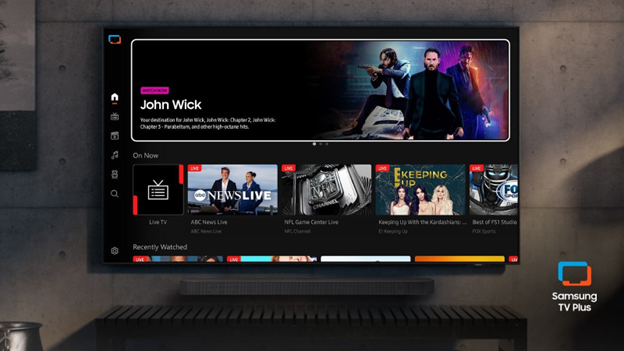TV Makes People Tired
CHICAGO: There are still people who stay up later than they normally would to catch something on TV. That could only mean one thing--appointment viewing has not been rendered extinct by digital video recording.
“A recent article in the Journal of Labor Economics lays out how American sleep schedule are, frankly, more televisionistic than circadian,” writes Bob Condor in the Alternative Health Journal. “It all started with people staying up late to watch Johnny Carson monologues.”
Sleep research from the University of Chicago suggest the trend continues, he said. People who live in the Central and Mountain time zones are 6.4 percent less likely to be watching TV between 11 and 11:15 p.m. than those where prime time ends at 11 p.m. The same research found that around seven in 10 Americans watch a couple of hours of TV a day before going to bed, and most wait for a viewing cue rather than drowsiness to dictate when they turn in.
Sleep deprivation has gained attention in recent years for the health risks considered inherent. The risk of obesity and illness increases for people who get less than eight hours of sleep a night. Of the 578 adults in the UC research, only 1 percent slept a full eight hours or more. Most averaged about six hours.
Condor, who’s also a columnist for the Seattle Post-Intelligencer, suggested turning of the TV “during the week altogether.” His various other strategies also infer that TV viewing is strictly by appointment, when indeed digital video recording continues to make inroads.
That said, it’s not ubiquitous. Around 31 percent of Nielsen’s People Meter households had DVRs as of March, meaning around 69 percent of the nation’s TV households remained beholden to programming schedules. Consequently, they are tired.
-- Deborah D. McAdams
The professional video industry's #1 source for news, trends and product and tech information. Sign up below.
